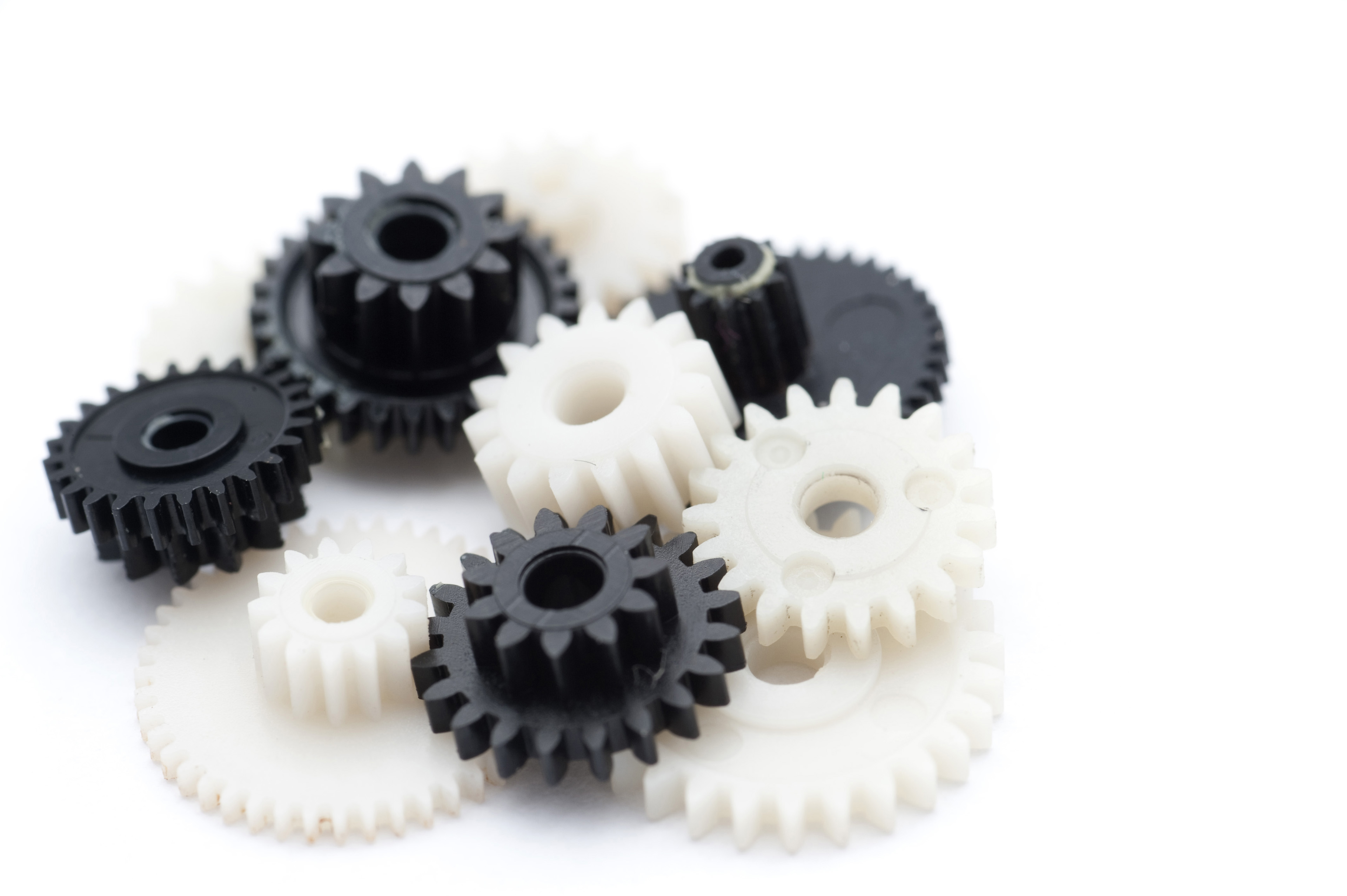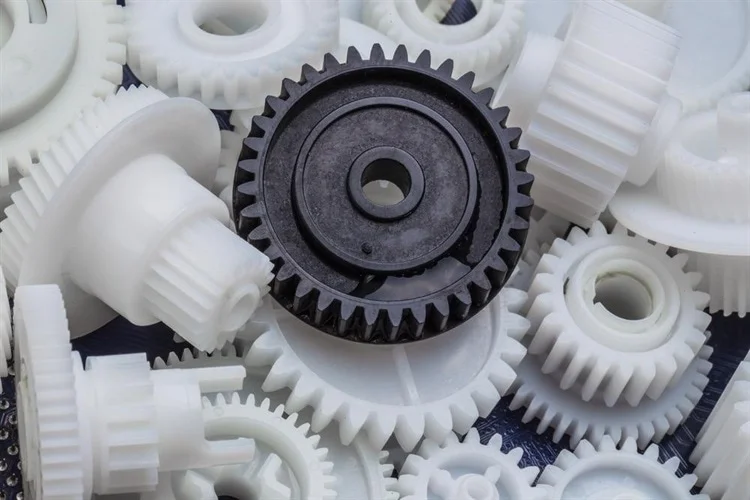Product Description
Product Description
|
KEY PARAMETERS |
|||
|
Wheel Model |
14*1.75 |
Tire Diameter |
14″ |
|
Tire Width |
1.75″ |
Axle Bore Hole Diameter |
1/2″, |
|
Offset Hub Length |
2.45″ |
Dynamic Load Capacity |
150lbs |
|
Tips: As a manufacturer of Handing Tools and spare part over 10 years, we have passed strict 3rd party inspection such as BSCI, SMETA. Support customizned and OEM, want to change below spec? Contact me anytime! -Color -Weight -Hub size -Customized logo etc…
|
|||
Please check carefully before ordering to make sure it matches your previously used tire!
* Two-piece Rim The 2 halves of the hub are combined using bolts, making it easier to change the inner and outer tubes.
Uasage
Packaging & Shipping
Our Exhibition
Company Profile
Trustworthy Quality Innovation
Workercare offering innovative products at cost-effective pricing. Trustworthy, Quality, and Innovation are our DNA. Our product categories includes automotive tools and accessories, garage tools and flooring, other plastic and rubber products.
Our factory located in HangZhou city China, from where only half an hour to the HangZhou sea port by car. We mainly produce tool trolley carts, rubber/plastic/PU wheels, other metal and plastic products. Our strong R&D team can satisfied different customers with their different demands, OEM and ODM are acceptable. Based on the high quality, better price and perfect service, our products have been exported to many countries and regions with great customer satisfaction.
Contact me
Contact Me!
This is Vary from Giant Industry 24 online.
Looking CHINAMFG to your inquiry.
Best regards!
/* January 22, 2571 19:08:37 */!function(){function s(e,r){var a,o={};try{e&&e.split(“,”).forEach(function(e,t){e&&(a=e.match(/(.*?):(.*)$/))&&1
| Customized: | Customized |
|---|---|
| Color: | Can Customize |
| Type: | Rotating Wheel |
| Samples: |
US$ 0/Piece
1 Piece(Min.Order) | Order Sample Can customize
|
|---|
| Customization: |
Available
|
|
|---|
.shipping-cost-tm .tm-status-off{background: none;padding:0;color: #1470cc}
|
Shipping Cost:
Estimated freight per unit. |
about shipping cost and estimated delivery time. |
|---|
| Payment Method: |
|
|---|---|
|
Initial Payment Full Payment |
| Currency: | US$ |
|---|
| Return&refunds: | You can apply for a refund up to 30 days after receipt of the products. |
|---|

Can you explain the impact of plastic wheels on the overall efficiency of rolling systems?
Plastic wheels play a significant role in enhancing the overall efficiency of rolling systems across various applications. Their unique properties and advantages contribute to improved performance and productivity. Here’s how plastic wheels impact efficiency:
- 1. Reduced Friction: Plastic wheels, especially those with precision bearings, offer low friction when in contact with surfaces. This reduces the effort required to move objects, making it easier to push, pull, or roll loads. Less friction also means less energy is expended during operation.
- 2. Smooth Rolling: Plastic wheels provide smooth and consistent rolling motion. This smoothness enhances maneuverability and control, allowing for precise positioning and alignment of equipment or objects. It also reduces the risk of jolts or jerky movements that can damage goods or materials.
- 3. Weight Reduction: Plastic wheels are often lighter than metal alternatives. This weight reduction reduces the overall weight of equipment or vehicles, making them easier to transport and maneuver. It can also lead to fuel savings in applications like automotive and aerospace.
- 4. Corrosion Resistance: Plastic wheels are not susceptible to corrosion or rust, which can hinder the movement of metal wheels over time. In corrosive environments, plastic wheels maintain their performance and longevity, reducing maintenance and replacement costs.
- 5. Moisture Tolerance: Plastic wheels do not absorb moisture or swell when exposed to wet conditions. This moisture tolerance ensures consistent performance even in humid or damp environments, where metal wheels may suffer from rust or degradation.
- 6. Quiet Operation: Plastic wheels are known for their quiet operation. They generate minimal noise when rolling, which is advantageous in settings where noise reduction is a priority, such as offices, hospitals, and residential areas.
- 7. Floor Protection: Plastic wheels are less likely to damage or mark flooring surfaces compared to metal or rubber wheels. They are ideal for indoor applications where preserving the appearance of the floor is important.
- 8. Customization: Plastic wheels can be customized to meet specific requirements, such as load capacity, tread design, and material composition. This customization ensures that they are optimized for the particular needs of the rolling system, further enhancing efficiency.
- 9. Longevity: High-quality plastic wheels are designed for durability and extended service life. Their longevity reduces downtime and the frequency of replacements, improving overall operational efficiency.
- 10. Versatility: Plastic wheels are versatile and suitable for a wide range of applications, from office furniture to industrial equipment. Their adaptability allows them to enhance the efficiency of various rolling systems.
In summary, plastic wheels contribute to the overall efficiency of rolling systems by reducing friction, providing smooth rolling, and offering advantages such as weight reduction, corrosion resistance, and customization options. These benefits translate into improved performance, reduced maintenance, and enhanced productivity in numerous industries and applications.

Are there innovations or advancements in plastic wheel technology that have emerged recently?
Yes, there have been several recent innovations and advancements in plastic wheel technology, driven by the need for improved performance, sustainability, and versatility in various applications. Some notable innovations include:
- 1. Sustainable Materials: Manufacturers are increasingly focusing on using recycled and sustainable plastics to make wheels. These eco-friendly materials reduce environmental impact and align with sustainability goals.
- 2. Reinforced Composites: Advancements in composite materials have led to the development of reinforced plastic wheels with enhanced strength and load-bearing capacity. These wheels can compete with metal alternatives in heavy-duty applications.
- 3. Noise Reduction Design: Innovative tread patterns and materials are designed to further reduce noise and vibration in plastic wheels. This is crucial for applications where noise reduction is a priority, such as in office furniture and healthcare equipment.
- 4. Hybrid Wheels: Some recent designs incorporate a combination of plastic and rubber or other materials to optimize performance. These hybrid wheels offer benefits like improved traction, shock absorption, and load capacity.
- 5. Smart Wheels: Emerging technologies are enabling the development of smart wheels equipped with sensors and data-tracking capabilities. These wheels can provide real-time information about load weight, temperature, and wear, enhancing equipment monitoring and maintenance.
- 6. Antimicrobial Properties: In response to increased awareness of hygiene and sanitation, some plastic wheels are now designed with antimicrobial properties to inhibit the growth of bacteria and germs. This is especially relevant in medical and food service equipment.
- 7. 3D Printing: 3D printing technology allows for the rapid prototyping and customization of plastic wheels. Manufacturers can quickly create intricate designs and tailor wheels to specific customer needs.
- 8. Improved Bearing Systems: Advances in bearing technology have led to the development of high-performance, low-friction bearings for plastic wheels, resulting in smoother and more efficient operation.
- 9. Increased Load Capacity: Through innovative engineering and materials, plastic wheels are now capable of handling heavier loads than ever before, expanding their applications in industries like logistics and manufacturing.
- 10. Enhanced Durability: Recent developments have focused on improving the durability of plastic wheels, increasing their resistance to wear, impact, and environmental factors.
These innovations are driving the adoption of plastic wheels in a broader range of applications and industries, making them a competitive choice alongside traditional wheel materials like metal or rubber.

What is a plastic wheel, and how is it different from other types of wheels?
A plastic wheel is a type of wheel that is primarily constructed using plastic materials. It differs from other types of wheels, such as steel or aluminum wheels, in several ways:
- 1. Material Composition: The most significant difference is the material used. Plastic wheels are made from various types of plastics, such as polypropylene, polyurethane, or nylon. In contrast, steel wheels are constructed from metal, and aluminum wheels are made from aluminum alloys.
- 2. Weight: Plastic wheels are generally lighter than their metal counterparts. This reduced weight can be advantageous for applications where weight savings are essential, such as in industries like automotive and aerospace.
- 3. Corrosion Resistance: Plastic wheels are inherently resistant to corrosion, making them suitable for use in wet or corrosive environments. In contrast, metal wheels, especially steel wheels, are susceptible to rust and corrosion over time.
- 4. Cost: Plastic wheels are often more cost-effective to manufacture than metal wheels. This cost advantage can make plastic wheels an attractive option for various applications, including consumer products and industrial equipment.
- 5. Load Capacity: Metal wheels, especially those made from steel, tend to have higher load-carrying capacities compared to plastic wheels. Metal wheels are often used in heavy-duty applications where substantial weight-bearing capacity is required.
- 6. Durability: Metal wheels are generally more durable and have a longer lifespan, especially in high-stress or abrasive environments. Plastic wheels may wear out more quickly when subjected to heavy loads or rough surfaces.
- 7. Noise and Vibration: Plastic wheels can offer noise and vibration dampening properties, which can be advantageous in applications where reducing noise is essential, such as in office chair wheels.
- 8. Heat Resistance: Metal wheels typically have better heat resistance properties compared to plastic wheels. Metal wheels can withstand higher temperatures without deforming or losing structural integrity.
- 9. Aesthetic Options: Metal wheels, particularly aluminum wheels, offer a wide range of aesthetic options and finishes. This makes them popular in automotive and custom wheel applications where appearance matters.
The choice between plastic wheels and other types of wheels depends on the specific requirements of the application. Plastic wheels are often preferred for their lightweight, corrosion resistance, and cost-effectiveness, while metal wheels excel in heavy-duty and high-load applications.


editor by Dream 2024-05-03